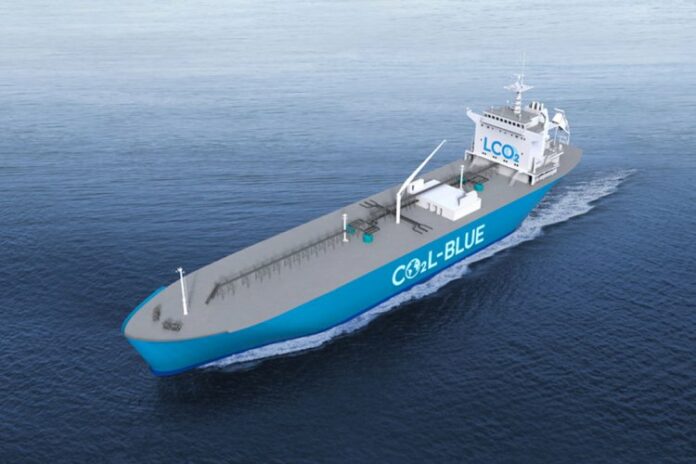Bureau Veritas (BV), a world leader in testing, inspection, and certification, has delivered an Approval in Principle (AiP) to Mitsubishi Shipbuilding – part of Mitsubishi Heavy Industries (MHI) Group – for a cargo tank system to be mounted in a liquefied CO2 (LCO2) carrier.
LCO2 carriers transport liquefied CO2 gas as a liquid in a low temperature, high pressure state. They play a pivotal role in the carbon dioxide capture, utilization, and storage (CCUS) process, by transporting CO2 from its emission sources to storage sites or facilities for utilization. Demand for these vessels is expected to increase in the future, as CCUS is attracting attention worldwide as an effective means to achieve decarbonization.
BV reviewed the design of the LCO2 cargo tank system and confirmed that it meets the technical and regulatory requirements and standards for safety. The inspection of this system was conducted based on the International Gas Carrier (IGC) Code which applies to marine vessels carrying liquefied gas in bulk, as well as BV’s ship classification regulations.
Alex-Gregg-Smith, Senior Vice President & Chief Executive, North Asia and China, Bureau Veritas M&O, said:
“This AiP recognizes that Mitsubishi Shipbuilding’s new LCO2 technology meets our class rules and standards. I would like to thank Mitsubishi’s team for their trust, and BV is proud to help advance innovation and new technology that is much needed to achieve a low-carbon future.”



